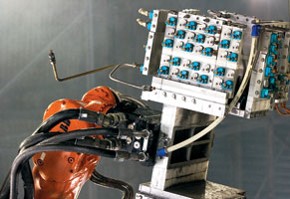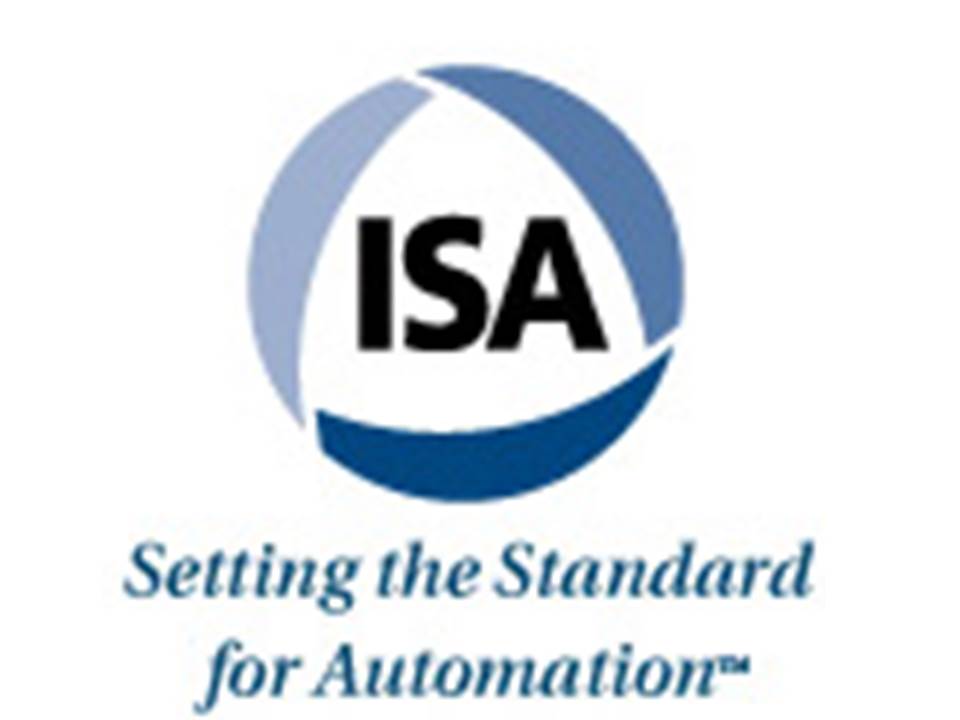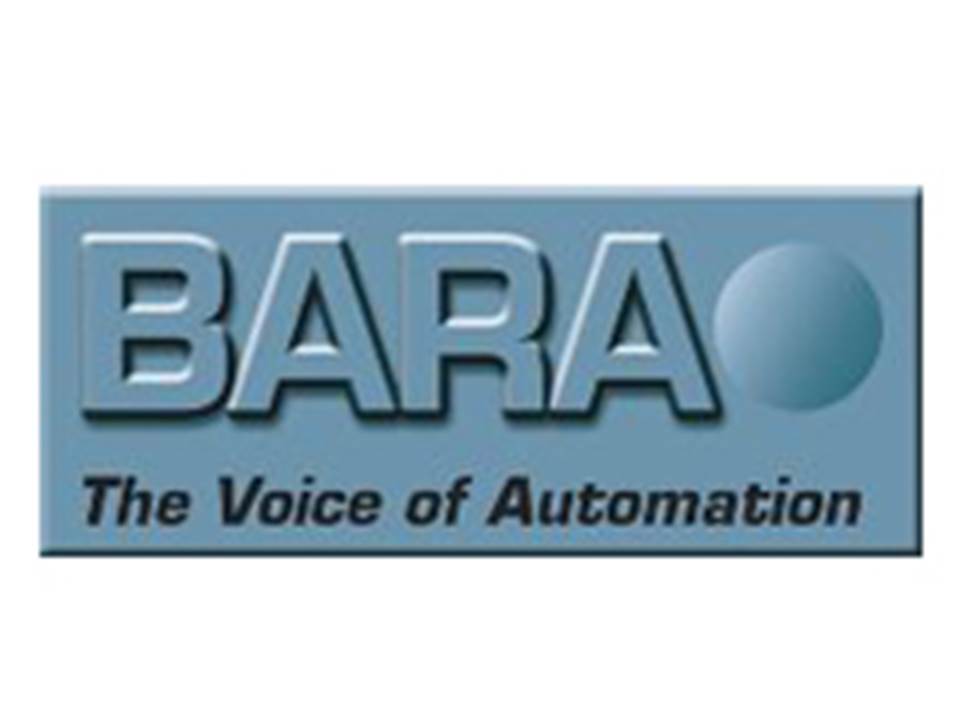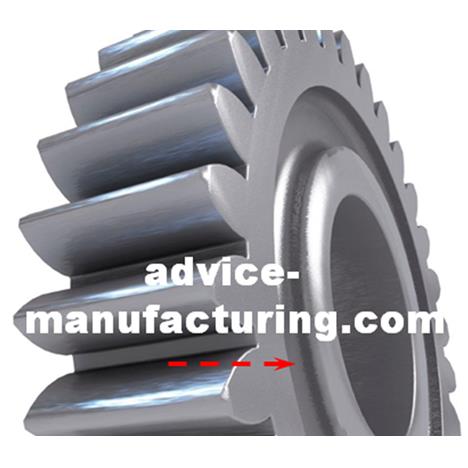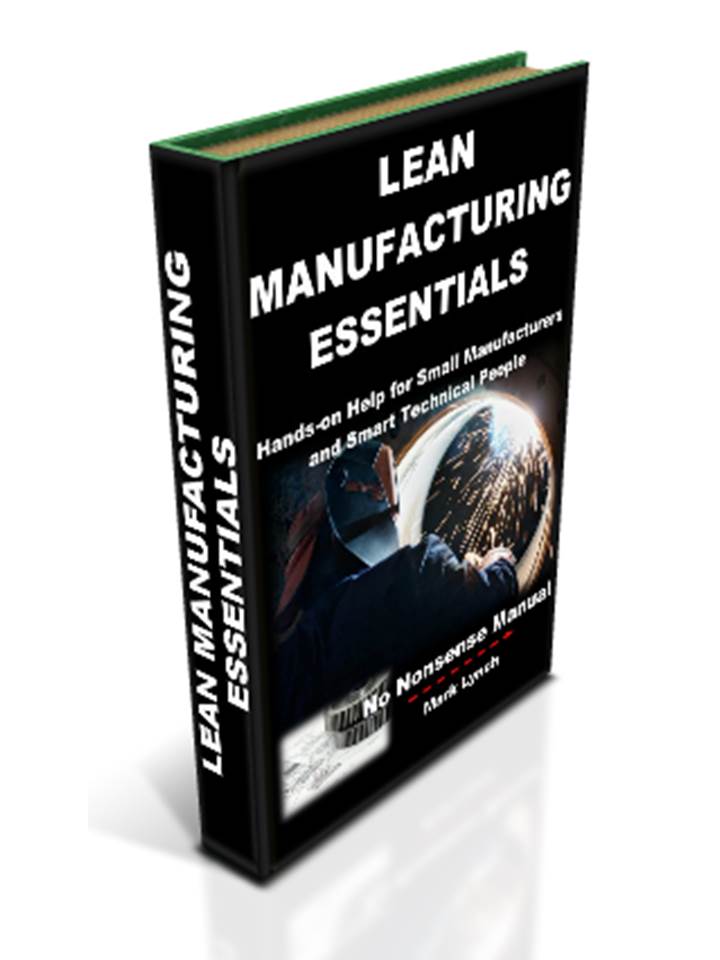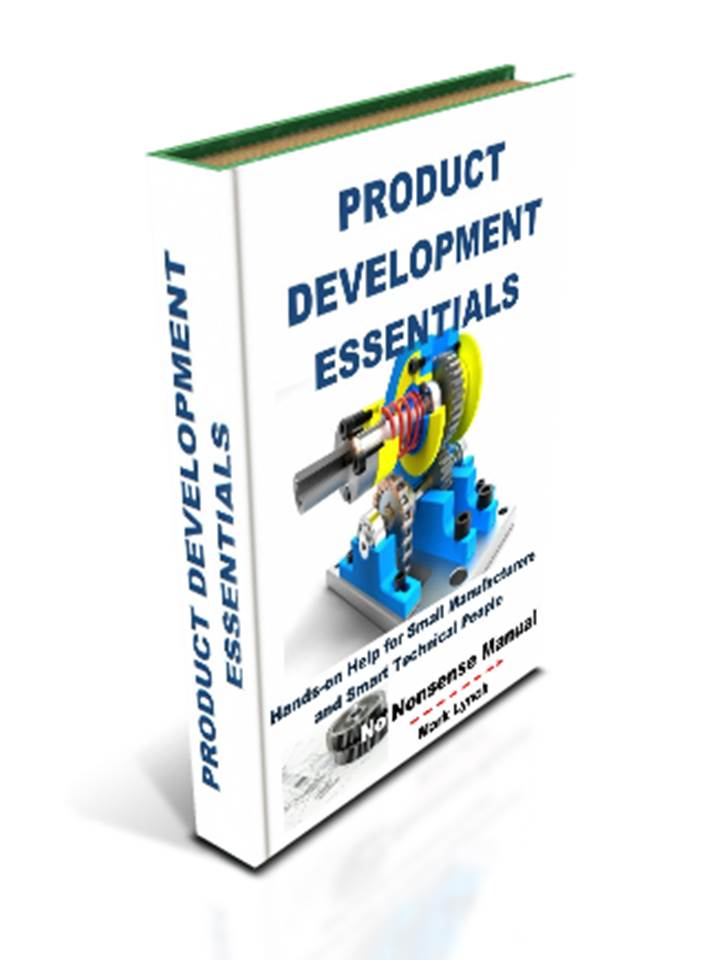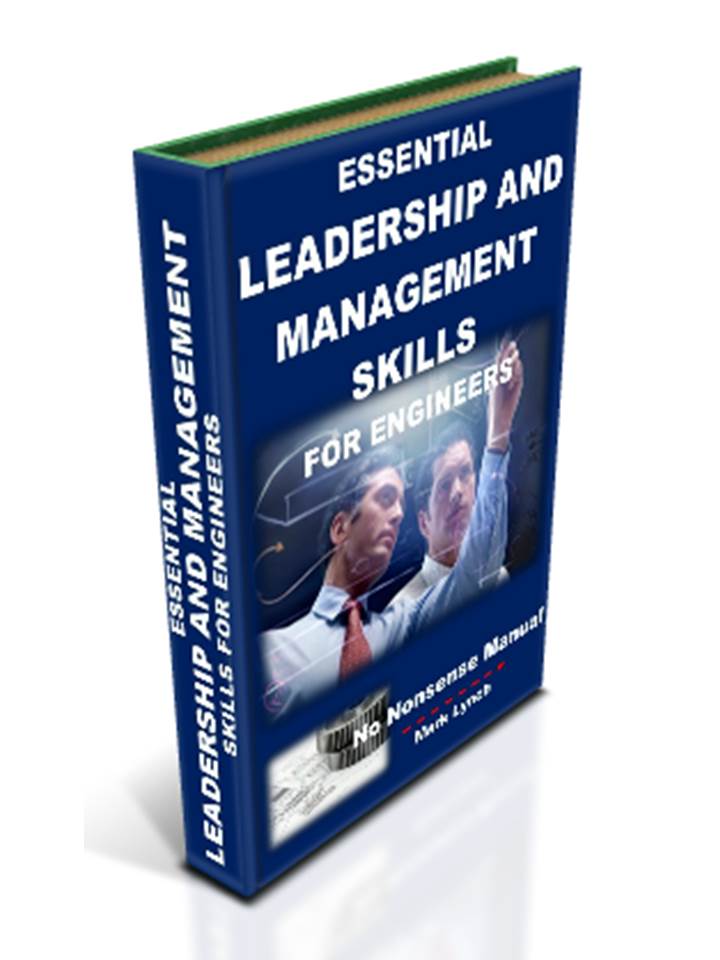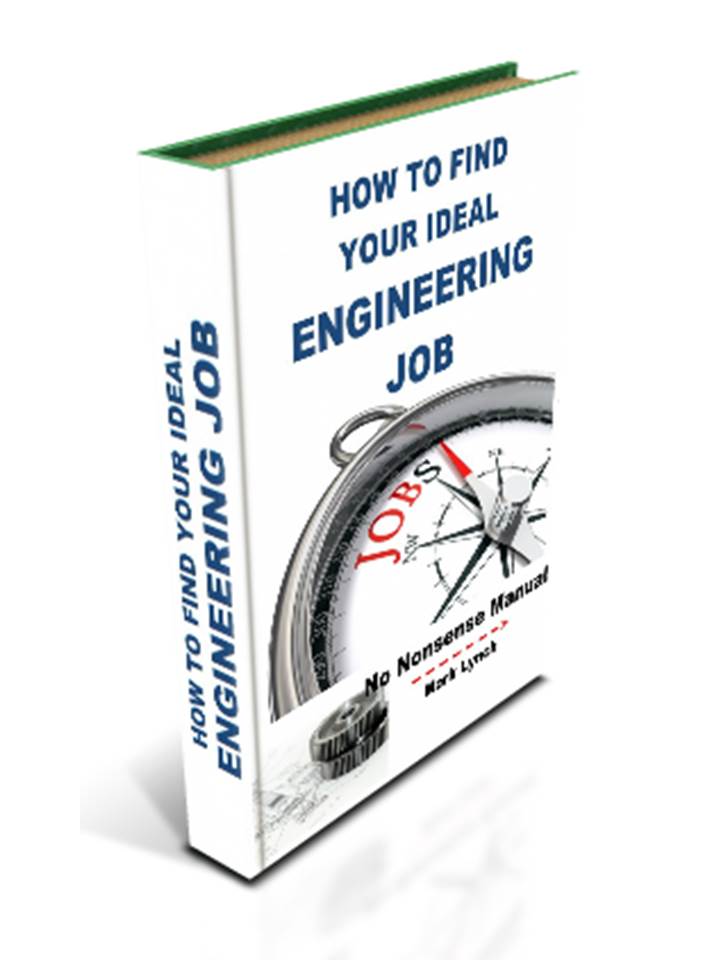'Hands-on Help for SMEs' and Smart Technical People'
Automation for Small Manufacturers
How Automation can Dramatically Improve Your Production
Processes
Inc. Industrial Robotics for Manufacturing SMEs
Automation for Small Manufacturers
Automation involves using computerised control systems for the efficient production of products or processing of materials. Typically automation is considerably more productive than equivalent methods of manufacture, based on people man-handling components. In its widest sense automation includes conveyor systems, highly specialist computerised manufacturing processes, pick-and-place systems, as well as robotics, together with vision, probe and sensor-based systems for inspection.
Historically many people have perceived automation to be best suited to larger manufacturing businesses, but this is definitely not the case any more. Smaller manufacturers can significantly benefit from automation. The problem is often there is a lack of awareness of automation solutions and the benefits they can provide. Smaller manufacturing organisations often do not know what automation applications are out there, how to specify them, how to commission them and above all, the significant advantages they can bring, together with the problems they can solve.
Automation and Robotics Work Cell:
Appropriate for small manufacturing businesses
Automation for Small Manufacturers: Step-Change Improvements for Your Business...
Automation benefits include:
- Lower unit costs
- Improved quality, through fewer defects
- Known and reliable quality
- Greater general productivity and higher throughput
- Consistent and predictable throughput
- Greater precision and accuracy
- Savings through many of the above points, as well as reduced inventory
Other advantages include:
- Dangerous or hazardous tasks can be undertaken, often in harsh conditions.
- Handling of heavy components and awkward processes.
- Reliably carry out monotonous tasks.
- Better use of floor space, getting more out of a compact footprint.
- Flexibility to ramp up or slow down production according to demand, without the comparative hassle and costs of organising employee overtime.
- Free up employers to concentrate on more stimulating tasks such as improvements, decision making and problem solving.
Automation for Small Manufacturers: Investment Justification...
Reasons to consider automation as a means of improving some of your manufacturing processes:
- Automation is closely aligned to the lean ideas of efficient standardised processes, low levels of waste and high quality.
- To compete nationally and internationally, the best performing businesses are investing in advanced manufacturing systems.
- New automation equipment provides you with a greater capability. As such, you can tender for new work and win orders beyond that of your traditional customer base.
- Sticking with old inefficient equipment is a limit to improvements in productivity and profitability. Furthermore, you can inadvertently ‘lock in’ defects and quality problems.
- Automation, because it provides greater productivity, typically gives you increased capacity. In-turn this enables you to compete and win more business, confident in the knowledge you will be able to deliver.
- You don’t have to reinvent the wheel – plenty of proven automation applications have been developed and implemented to solve known problems. Customisation is common to tailor solutions to your specific circumstances.
- For those operating in relatively high cost economies, competing on low employee costs is not an option. Instead investing in advanced manufacturing enables you to compete on superior quality, specialised processes and greater precision.
- Automation solutions do not have to be brand new and expensive. Instead, options exist for refurbished, lower cost systems. These can definitely be worth exploring, as the benefits still apply and of course they are far more affordable. Likewise think about automating a smaller portion of your manufacturing process, like a packaging machine or a conveyor system.
Pick and Place Automation: For repeatability, quality and precision
Automation for Small Manufacturers: Important Considerations...
Small manufacturing businesses, quite understandably, often do not have the awareness and therefore confidence to make the leap and invest in automation equipment to improve their processes.
Automation considerations include the perceived relatively high investment costs (for small manufacturers) and expertise required to operate and service the equipment. Working with an automation supplier or partner is the best way to ensure a favourable return on investment.
They will also provide crucial advice for making the financial and strategic case to senior management. The assessment and advice may cover:
- The business justification, unique to your company
- Financial verification
- The full range of benefits
- Practical implementation
- Employee training
- Service and maintenance considerations
- Cost of not improving and the consequent impact on your competiveness
Integrating automation solutions with your other production processes is also where automation partners excel. They tend to have a broader outlook, using their experience to ask about your business challenges and where automation can add as much value and advantages as possible – rather than just installing a machine for limited benefits. It’s also worth noting the cost of automation and robotics is decreasing, as it is used in more and more industry sectors. Contrast this to other business costs like materials and energy.
Investment in automation should be part of a wider, well considered manufacturing strategy. Clearly, this should be aligned to the overall business strategy. Partial automation – automating some production processes – rather than full automation, is a more realistic goal for some and a good starting point for small manufacturers.
The Full Flexibility Robots Offer
Automation - Building a case for Investment, for Small Manufacturers
(Courtesy of Industrial Technology)
For any manufacturing company, large or small, to purchase new plant and equipment a compelling business case needs to be made to justify the investment. But when it comes to bespoke automation and robotics, many companies struggle with the concept of introducing technologies such as this and identifying the criteria necessary to build a solid business case. More...
Robotic Material Handling
An exciting collaboration between
advice-manufacturing.com & materials-handling.com
Let's Discuss Freeing Up Your Manufacturing
A lot changes when you take the "man" out of manufacturing
A range of organisations exist who can provide additional information to help small manufacturers make the leap:
International Society of Automation
British Automation and Robot Association
Robot Worx
Robotic Material Handling in Action: Sample Videos
Next... Making it Happen: Lean Manufacturing Action Plan
Back to Lean Manufacturing Essentials
